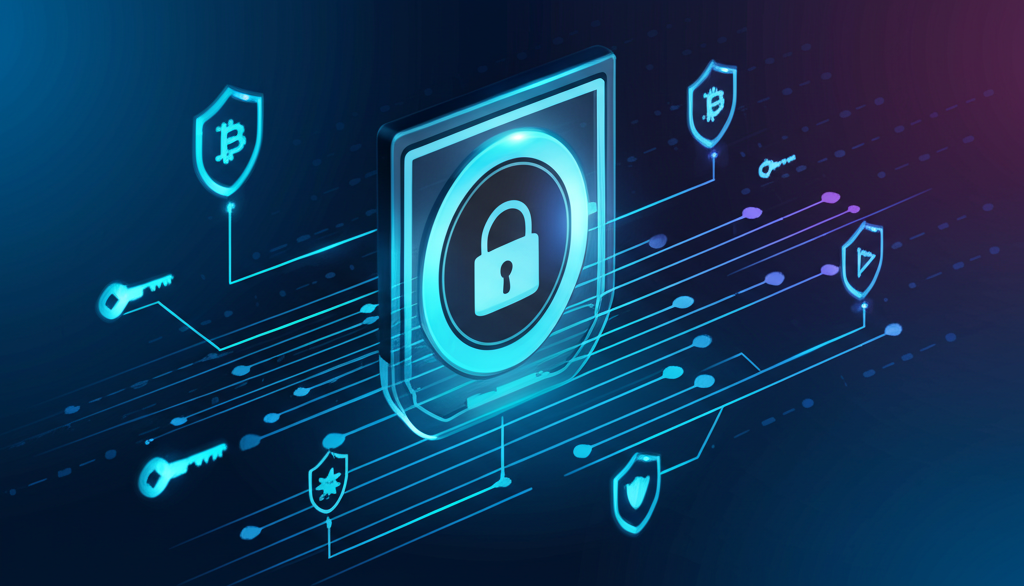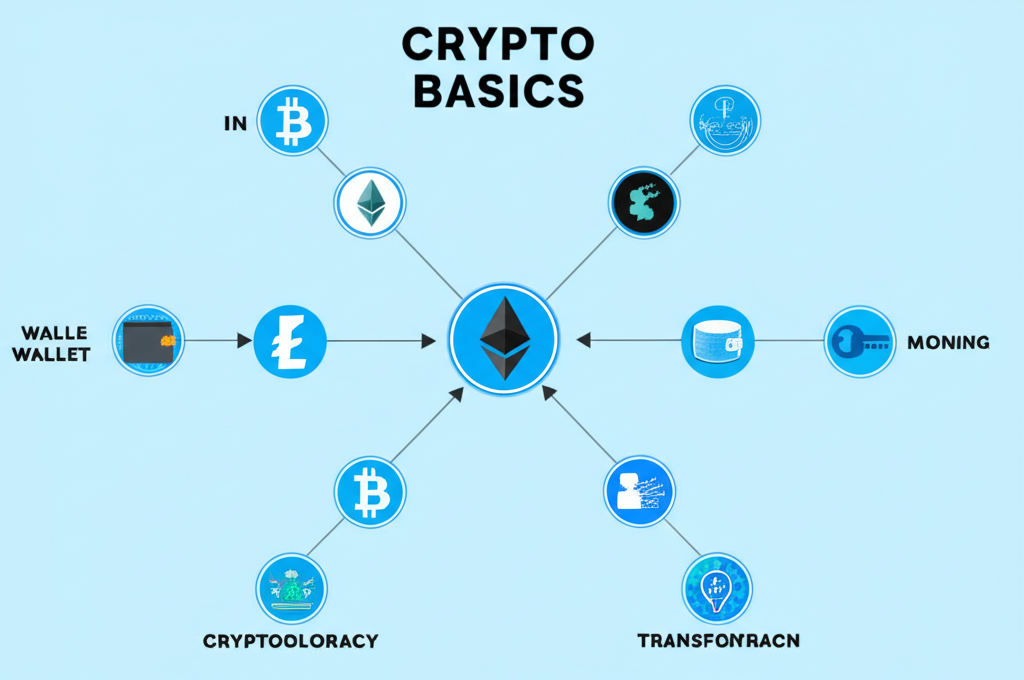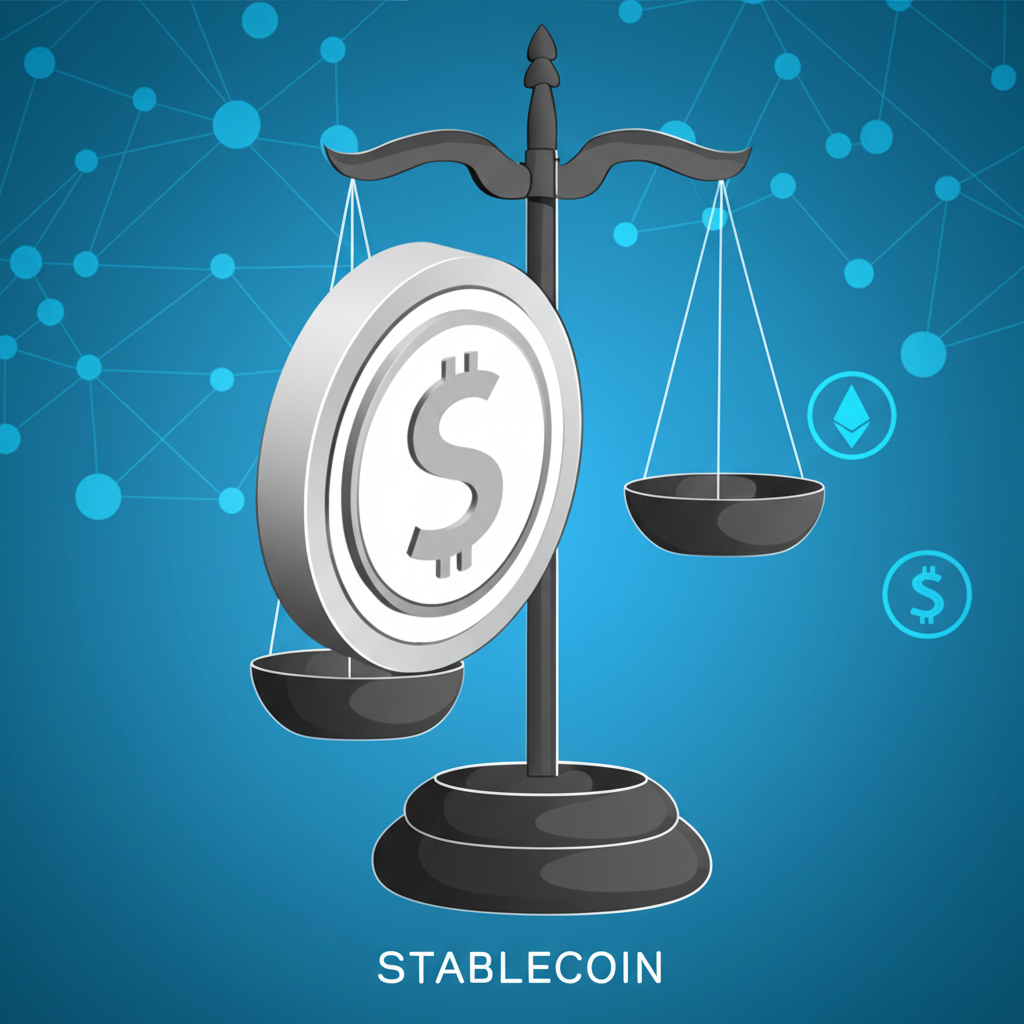Why Crypto Security Matters
Unlike traditional banking where institutions provide security and can reverse fraudulent transactions, cryptocurrency operates on the principle of self-custody. This means you alone are responsible for the security of your assets. Once cryptocurrency transactions are confirmed on the blockchain, they cannot be reversed, making security practices absolutely essential.
Key Insight
In traditional banking, your bank can often reverse fraudulent transactions or help you regain access to your account if you lose your password. With cryptocurrency, there is no central authority that can:
- Recover or reset your private keys if lost
- Reverse or cancel transactions once confirmed
- Reimburse you if you send funds to the wrong address
Understanding Cryptocurrency Wallets
A cryptocurrency wallet doesn't actually "store" your coins—it stores the private keys that give you access to your assets on the blockchain. There are several types of wallets, each with different security profiles:
Hot Wallets
Connected to the internet and more convenient for frequent transactions.
Types include:
- Mobile wallets: Apps on your smartphone
- Web wallets: Browser-based services
- Desktop wallets: Software on your computer
Best for: Smaller amounts you plan to use regularly
Cold Wallets
Kept offline and offer significantly higher security.
Types include:
- Hardware wallets: Physical devices like Ledger or Trezor
- Paper wallets: Physical documents with keys printed on them
- Steel wallets: Metal plates with engraved keys for durability
Best for: Long-term storage of larger amounts
Essential Security Practices
1. Secure Your Private Keys
Your private key is like the master password to your funds. Never share it with anyone, and store it securely.
- For hardware wallets, keep the recovery phrase in a secure, offline location
- Consider using a fireproof safe or safety deposit box for backup storage
- Never store private keys or recovery phrases digitally (no photos, no cloud storage, no email)
2. Use Strong Authentication
Protect access to your wallets and exchange accounts with robust authentication methods.
- Enable Two-Factor Authentication (2FA) using an authenticator app rather than SMS
- Use unique, complex passwords for each service
- Consider a password manager to generate and store strong passwords
3. Practice Address Verification
Always double-check the full address when sending cryptocurrency.
- Verify the first AND last characters of the destination address
- Send a small test transaction before transferring large amounts
- Use the QR code scanning feature when available to avoid typing errors
4. Keep Software Updated
Outdated software may contain security vulnerabilities.
- Regularly update your wallet software
- Keep your device's operating system and antivirus up to date
- Only download wallet apps from official sources
5. Be Wary of Phishing Attempts
Cryptocurrency users are frequent targets for sophisticated scams.
- Never click on suspicious links in emails or messages
- Always type the URL directly or use bookmarks for cryptocurrency services
- Verify that websites use HTTPS and check for the correct domain name
- Be suspicious of unsolicited offers, giveaways, or requests for your private information
Security is a Journey, Not a Destination
Cryptocurrency security practices continue to evolve as technology changes. Stay informed about best practices and regularly review your security setup.
Remember: The most convenient option is rarely the most secure. Finding the right balance between usability and security is key to safely managing your digital assets.



